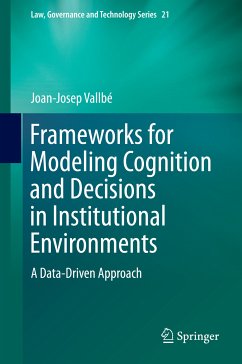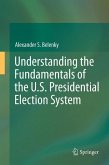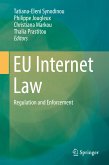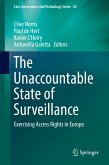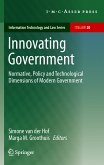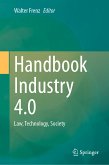While a great deal of work has been done on how organizations act as patterns of events for (boundedly) rational decisions, less effort has been devoted to study under which circumstances organizations cease to act as such reliable mechanisms. Through an empirical strategy on open-ended response data from a survey among junior judges, the work pursues two main goals. The first one is to explore the limits of "institutional rationality" of the Spanish lower courts on-call service, an optimal scenario to observe decision-making under uncertainty. The second aim is to achieve a better understanding of the kind of uncertainty under which inexperienced decision-makers work. This entails exploring the demands imposed by problems and the knowledge needed to deal with them, making this book also a study on expertise achievement in institutional environments.
This book combines standard multivariate statistical methods with machine learning techniques such as multidimensional scaling and topic models, treating text as data. Doing so, the book contributes to the collaboration between empirical social scientific approaches and thecommunity of scientists that provide the set of tools and methods to make sense of the fastest growing resource of our time: data.
Dieser Download kann aus rechtlichen Gründen nur mit Rechnungsadresse in A, B, BG, CY, CZ, D, DK, EW, E, FIN, F, GR, HR, H, IRL, I, LT, L, LR, M, NL, PL, P, R, S, SLO, SK ausgeliefert werden.

